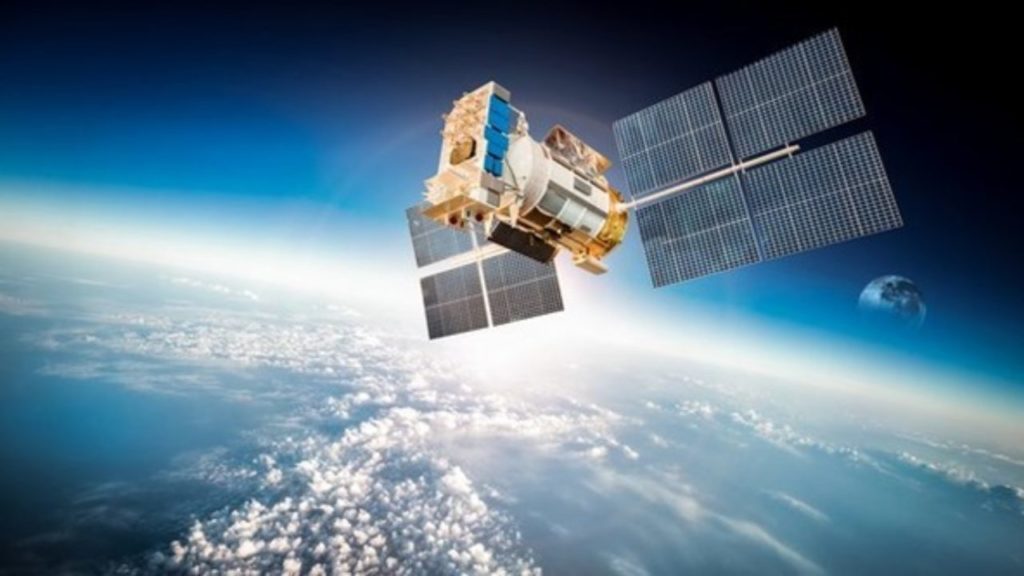500-Ton Space Station Can Fall Into India, China? Russia Issues Fresh Threat After Sanctions

The Russian space agency, Roscosmos has responded to announcements of the US imposing sanctions on Russia for waging a war against Ukraine.
Contents
Sanctions To Hinder Advancement
US President Joe Biden said on Thursday that the new sanctions it will impose could “limit” Russia’s ability to advance its military and aerospace sector.
The sanctions include blocking export of technology along with curbs on Russian banks and oligarchs close to Russian President Vladimir Putin.
The chief of Roscosmos Dimitry Rogozin tweeted that if the Russian space program suffers due to the sanctions, “Who will save the space station from an uncontrolled deorbit?”
ISS-Russia History
He is talking about the ISS or International Space Station which was conceived as an initiative to improve US-Russian relations following the collapse of the Soviet Union and end of Cold War.
It was built by the US, Russia, Europe, Canada and Japan and has been an example of cooperation between various countries’ space programmes.
It is about the length of a football field, and is orbiting some 250 miles (400 km) above Earth.
Threats Posed By ISS Deorbit
It is currently housing four American, two Russian and a German astronaut working side-by-side in microgravity.
It is scheduled to be deorbited when its services come to an end in 2030 by reentering the upper atmosphere and disintegrating.
Rogozin referred to the ISS’ deorbit or uncontrolled fall which can threaten any country it may land on, which may be the US or Europe.
India May Also Be Landing Zone
He added that there is also a possibility of the 500-tonne structure being dropped on India or China.
He asked whether that’s a prospect the US wants to threaten the countries with.
The ISS does not fly over Russia, so “all the risks are yours. Are you ready for them?” he said in a subsequent tweet.
NASA Says Cooperation Will Continue
Meanwhile NASA has assured Roscosmos that the new sanctions won’t affect bilateral ties in the space program.
It will continue to work with all its international partners, including Roscosmos for the operations of the ISS.

Comments are closed, but trackbacks and pingbacks are open.